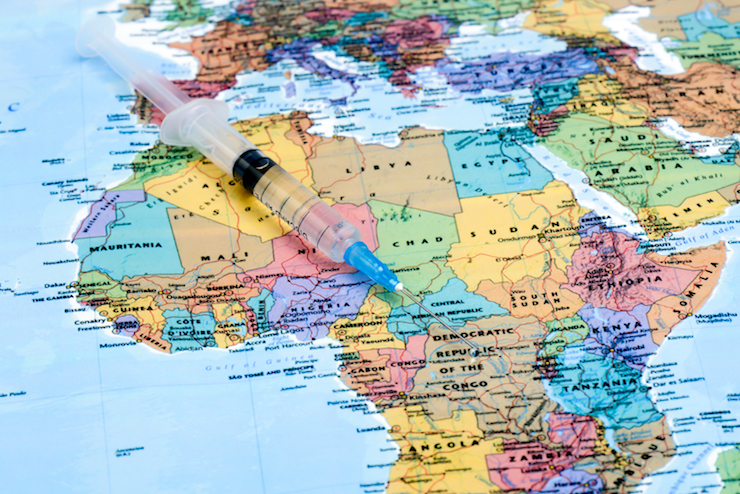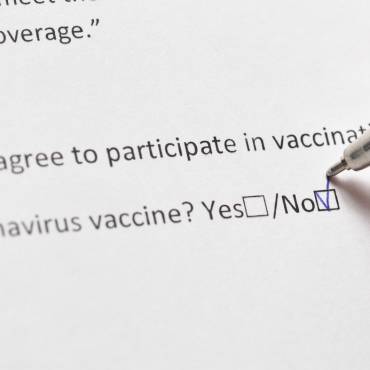Yellow Fever Vaccination and Increased Relapse Rate in Travelers With Multiple Sclerosis.
Farez MF, Correale J.
SourceInstitute for Neurological Research Dr Raúl Carrea, Fundación para la Lucha contra las Enfermedades Neurológicas de la Infancia, Buenos Aires, Argentina.
Abstract
OBJECTIVE: To investigate the effect of yellow fever (YF) immunization on the subsequent multiple sclerosis (MS) relapse risk.
DESIGN: Self-controlled case series study.
SETTING: An MS outpatient clinic. Patients Seven patients with clinical relapsing-remitting MS traveling to endemic YF areas who received the YF 17D-204 vaccine were studied. Intervention The YF 17D-204 vaccine. Main Outcome Measure Number of relapses. Secondary outcomes included the number of new lesions on magnetic resonance imaging and peripheral mononuclear cell cytokine and chemokine production.
RESULTS: The annual exacerbation rate during risk periods following immunization was 8.57, while the relapse rate outside the risk period was only 0.67 (rate ratio = 12.778; P < .001). Three months after immunization, patients showed a significant increase in new or enlarging T2-weighted lesions and gadolinium-enhancing lesions compared with 12 months prior to vaccination and 9 months after immunization (both P < .001). Moreover, blood myelin basic protein and myelin oligodendrocyte glycoprotein responses showed significant increases in interferon γ-induced protein 10 kDa-, interferon γ-, interleukin 1α-, interleukin 1β-, and tumor necrosis factor-secreting cell numbers as well as complement component C1qB production after YF vaccination in patients with MS compared with unvaccinated patients with MS, patients with MS vaccinated against influenza, and healthy control subjects (P = .01 and P < .001, respectively).
CONCLUSION: For patients with MS traveling to endemic YF areas, vaccination should be recommended on the basis of carefully weighing the risk of exacerbation against the likelihood of exposure to the YF virus.
Source: Arch Neurol. 2011 Jun 13. [Epub ahead of print]


